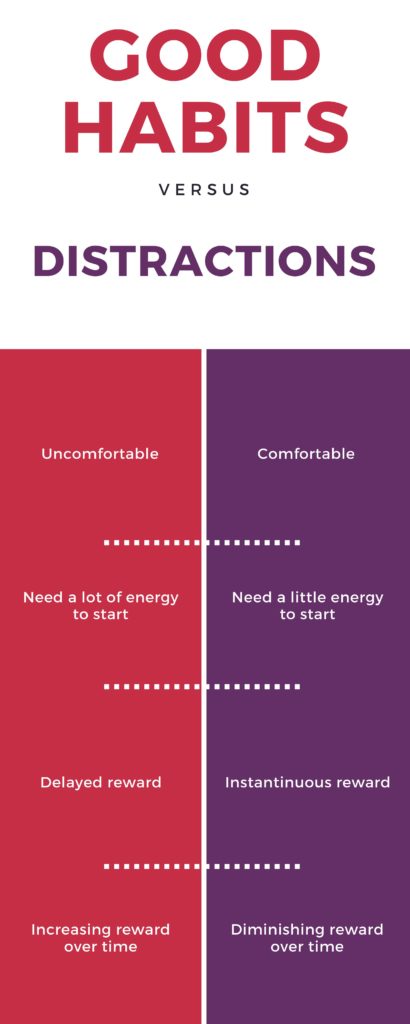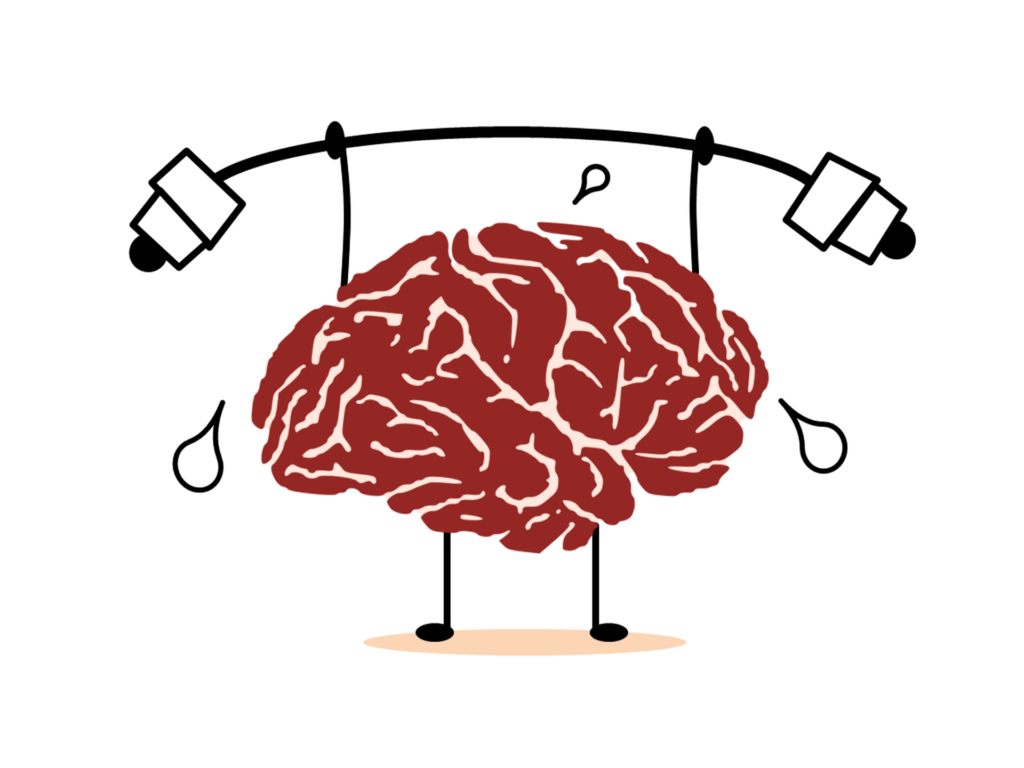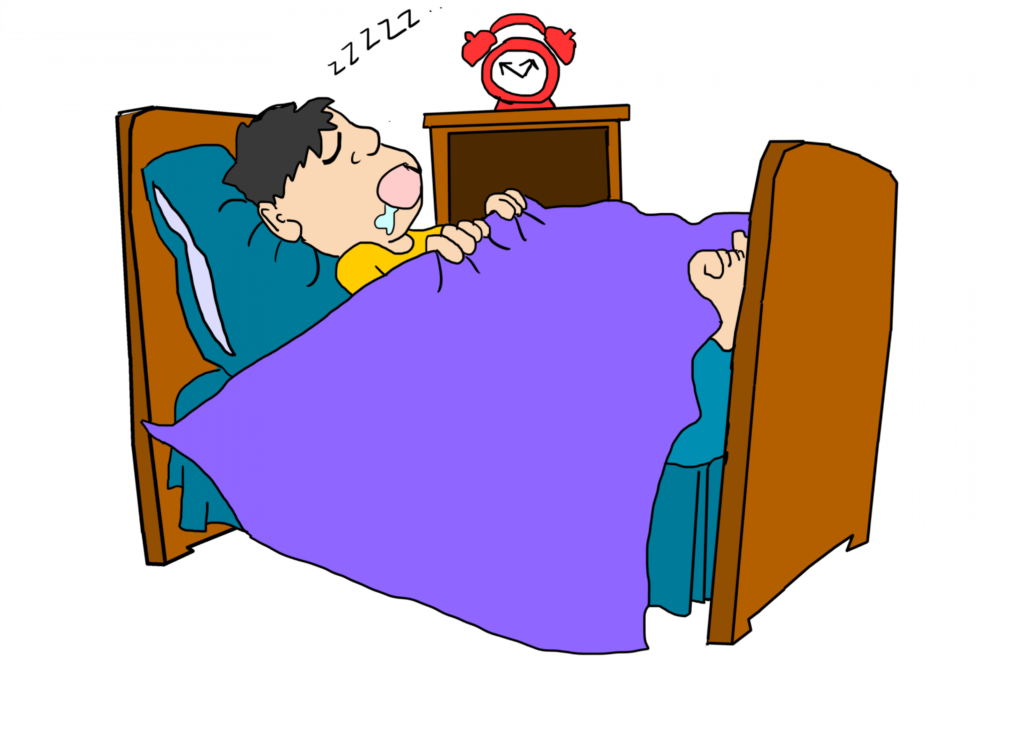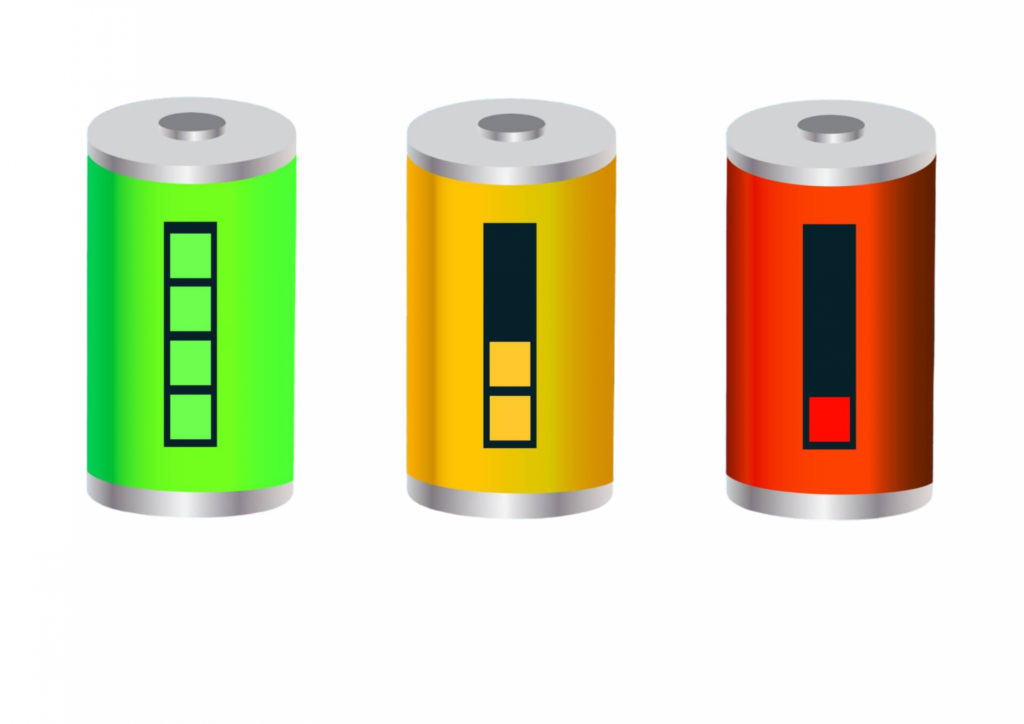Distractions are all about energy.
With reflection, I found each time I was looking for distractions, I was facing 2 tasks: one comfortable, the other uncomfortable. My brain inclined towards the one that requires less energy.
The problem arises when you know that the uncomfortable task is important but your brain still doesn’t want to do it.
I’ll give you a silly example. I need less energy to exercise than to fill my tax form. I’m comfortable with the first and less with the second. If I keep distracting myself each time I have to do it, it can put me in trouble. But if I knew how to do it faster, my energy level won’t matter. Filling the tax form becomes something easy to do.
For this reason, it’s important to know how we recharge, manage, and save our energy.
The stakes are high. Either we build beneficial habits or immerse in endless distractions.
In this article, I’ll talk about:
- What our brain has in common with the giant panda
- How distractions and good habits serve the same purpose?
- What the difference between them?
- How to have the energy to do what is important to you?
A) Distractions are all about energy (so are starting good habits)
1- What our brain has in common with the giant pandas?

While thinking about the usage of energy, the memory of my trip to China popped into my mind. In the famous Chengdu Research Base of Giant Panda Breeding, I remember a sign with this question:
Why do giant pandas always eat and sleep?
The giant pandas spend 50% of their time eating, and the other half digesting and resting. It is due to the low caloric value of bamboo. They are not lazy; they are energy efficient!
Our brain is working the same way- it’s not lazy; it wants to save energy.
More than any other organ in the body, our brain burns 20% of our available energy every single day.
This is an important point to mention: our brain is ungenerous with energy. If you want him to give you energy, you need, either more of it available to use, or trick him to give you some of it.
It’s not a surprise that we’re moving towards distractions and away from starting good habits.
2- Same purpose, different returns
Distractions and good habits share the same purpose: saving energy. The first save us energy in the short-term; the second in the long-term.
You reach automaticity when you stick to a habit long enough. Once there, you don’t need much energy to do the habit.
But before reaching that stage, starting a habit is uncomfortable and requires energy.
The most important habit worth building is one of moving towards what is beneficial to us.
Distractions are also habits, but of a different nature. They move you away from discomfort. When presented with 2 tasks, we choose the one that requires less energy, the comfortable one.
Distractions are not restricted to phones, emails, TV, junk food, or excessive shopping. Beneficial activities can turn out to be distractions.
For instance, if you spend more time at work to avoid being at home early, your work becomes a distraction. Facing the discomfort of being at home will need more energy than working late.
The infographic below shows the difference between a distraction and a beneficial habit.

There is one takeaway from this infographic. In the long run, the reward for a distraction tends towards zero; infinite for a beneficial habit.
So how can we make our brain move more towards the beneficial and less towards the distraction?
B) You already know what to do, here’s how to do it
1- Give your brain a boost

Jim Rohn once said:
“Motivation is what gets you started. Habit is what keeps you going.”
I don’t agree with this statement. Motivation starts when you see the first results of your habit; it comes with progress.
Before motivation, you need willpower.
A plane can burn 30% to 40% more fuel during the take-off and climb. Willpower works the same way: it’s the extra energy that you burn to set your habit on autopilot mode.
The plane needs two things: fuel for the first phase- take off and climb-, and for the second phase- finishing the trip and landing.
Those 2 phases of the plane apply for willpower as well. There are 2 requirements for willpower to help you set a beneficial habit on track:
1- You need to have energy available to start the habit
2- You need to have enough energy to finish the day and fulfill your other tasks.
This arises 2 questions:
1- Where can you find extra energy or how to produce it?
2- How can you manage your energy to finish the day without scarifying any other task?
Before answering those questions, let’s define willpower first.
2- What is Willpower?
Willpower is like your cellphone: it has full charge in the morning and it keeps going down until it’s empty.
When your energy is low, you are not able to self-control and resist short-term temptations. Your ability to achieve long-term goals diminishes. Your success in life becomes compromised.
In short, your willpower is a good predictor of your success.
Willpower is intuitive to understand. Let’s say, before leaving home in the morning, you decided ‘tonight I will cook a healthy meal’. But you had a tough day at work. You have no more energy left for cooking. Dinner becomes a pizza. You experienced a lack of willpower.
Energy improves your willpower, which makes you resistant to distractions.
3- How can you recharge your energy?
There are many ways you can recharge your energy or produce more of it. I focus here on 4 of them.
Sleeping

You must understand your sleep cycles. Sometimes you can sleep 8 hours and still feel tired. It happens when you wake up in the middle of your cycle.
Stages compose each cycle, from light and dream phase to deep sleep. If your alarm goes off in the middle of the deep sleep phase, it becomes hard to wake up.
Sleep researchers found most people have a sleep cycle of approximately 90 minutes. There’s a room for ± 30 minutes to play with to find the optimal sleeping duration. You can try and track different duration cycles. When you feel fresh as you wake up, you know you have the optimal cycle duration.
For a healthy night, sleep researches recommend having a 5 to 6 sleep cycle. It can be more than that depending on your age.
(Sleepyti.me : This website can help you manage your sleep. It calculates the cycles for you and tells you when you should wake up).
Also, if it’s possible, add napping to your routine. Naps are powerful to energize you and increase your productivity. You can nap for 20, 40, or 90 minutes.
Eating
I don’t like diet plans. Eating should be a simple act as natural as breathing. Today eating became overcomplicated and a source of stress for many people.
All we need is some common sense. Eat when you’re hungry. Avoid being full. Choose healthy food. Avoid junk.
It can help you to have a food diary (on a phone or journal). You can learn what kind of food energizes you the most and the one poor in energy.
Exercising
There are many benefits to exercising. It’s my number 1 choice for recharging my energy.
How does spending energy during the exercise gives you more energy?
To be honest, I haven’t dug into this topic yet. I know from experience that my energy is high after training.
Brain-boosting chemicals released during training can be an explanation- like dopamine, endorphins, serotonin.
I want energy for my side projects after my regular job. Every time I exercise, I feel good, energized and my brain is sharp. That’s my reason for training.
I can do it at the gym, in the park or at home. Today, you can have good training with a YouTube video, so the weather is no more an excuse!
I set where and what I want to train beforehand and stick to it to the plan.
Some people like training early morning. I have energy at that time and training will not give me a plus. I prefer to schedule it in the afternoon.
Find what it’s convenient for you. The energy you gain during the training makes you stronger in the face of distractions.
Exercising will improve your willpower and help you succeed in life.
What matters the most to you?

Working on what matters the most is energizing.
I’m excited after my day job to go home and work on what matters to me: making progress. I like learning and developing new skills. The possibility to achieve a result- I wasn’t able to reach before- energize me.
Find out what matters the most to you. It can be having a higher purpose, being free and autonomous, taking risks, or belonging to a tribe.
Answering the question will allow you to tap into an unexpected source of energy.
(For more information on how to improve willpower, check the book of the social psychologist Roy Baumeister “Willpower”).
4- How to manage your energy?
Distribute your energy in a wise manner between the most beneficial things to you. Choose the right activity, the right time, and the right place.
Energy management will allow you to do fewer distractions and more good habits.
Use distractions to rest your brain. But they should not be your main activities that take most of your time.
If you plan your day, it will save some of your energy. Negotiating with yourself at the last minute is often exhausting.
Don’t try to change everything in your life at once. Starting a habit requires energy. One habit at the time is enough.
Conclusion
The law of practice states that you become good at whatever you practice, whether it is positive or negative. The more you practice distractions, the more you get good at them. The opposite is also true. Distractions are all about energy, so are good habits. Once you understand energy and how it works, you can hack back your brain. You can make it easier for you to build beneficial habits. So, how do you plan to use this article?
